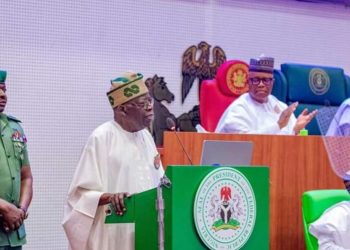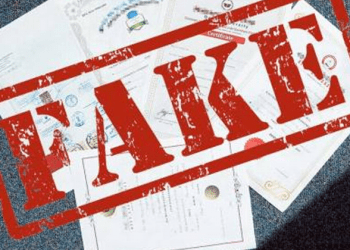All things being equal, the National Conference will be flagged off next Monday. After the submission of the Senator Femi Okunrounmu committee report and the nomination of 492 conferees to represent the disparate ethnic nationalities, professional and pressure groups, business and civic organizations and other Nigerians, the talkshop is set to begin. The world waits. What becomes of the Nigerian nation, 100 years after the amalgamation of the Northern and Southern protectorates? Here is a nation peopled by over 350 ethnic nationalities, several religious groups and multiplicity of social institutions. Nigeria has been fraught with a myriad of challenges that grows more complex with each passing decade. This conference should be different from the ones that date back to colonial times up until the 2005 National Political Reform Conference held under the Olusegun Obasanjo presidency.
With only one item — the unity and indivisibility of the country — outlawed at the confab, Nigeria is on the threshold of history, once again. While the Bakassi people on the fringe want a determination of their status within the new nation, the Yoruba people in the north feel it is unfair for them to be schemed out of political relevance; they will want their stake on both sides of the divide defined.
The vast north wants adequate compensation for their land mass and population, while new approaches to the country’s revenue sharing, independent candidacy in the electoral process, the appropriate form and system of political administration – whether presidential or parliamentary — and the form of party system or whether the country should have a unicameral or bicameral legislature will stalk the agenda of different groups at the national discourse. The Igbo want the several injustices done to them redressed. Some Nigerians want the country to revert to regionalism; others say this federalism is okay but power devolution should be pursued with more vigour and the attraction for power at the centre should be weakened. There are those who reason that diarchy is preferable, to give military fillip to governance.
The challenges of credible elections and how the nation could get the process right are germane. There seems to be no better forum to put to rest contentious issues of youth restiveness, unemployment and women empowerment as adopted by the Beijing Declaration. Which are the federating units: only the states or the local governments too?
Already, the opposition parties that opposed the conference are giving it the benefit of doubt by nominating conferees from their states and party headquarters. They are thinking of mainstreaming state/regional police, fiscal federalism, resource control and cost of governance, local government autonomy, citizenship rights, review of concurrent list in the constitution to accommodate regional security and inter-relationships devoid of inferiority or superiority complexes, among others. Many expect that the principle of rotation will also engage the conferees. Will preference be placed on the rights of people with disability and other groups that are discriminated against? Will these and other social rights now become justiceable? How they would become law is equally thought-provoking. Will the outcome of the conference be tabled for adoption by the National Assembly or will it be given the “We the people” flavour by subjecting it to a referendum?
Whatever the concerns or reservations, the outcome of the National Conference will not be operationalised by ghosts. As no one decrees public morality, Nigerians saddled with governance should not make this another paper tiger; we all have a stake in making the Nigerian project work beyond rhetoric, propaganda and crass populism.













































